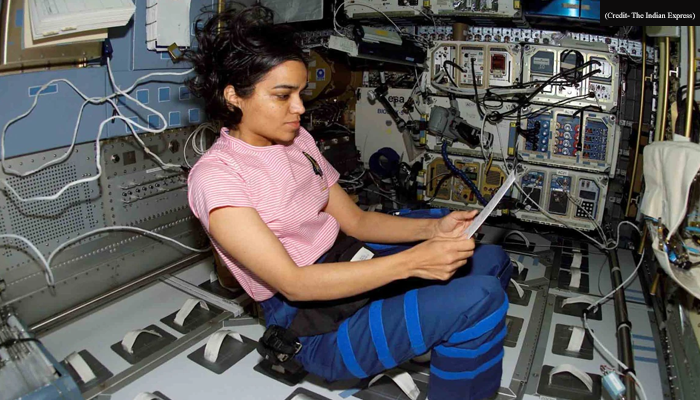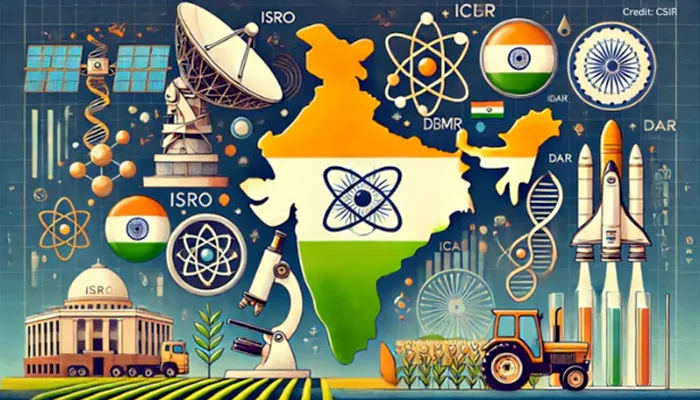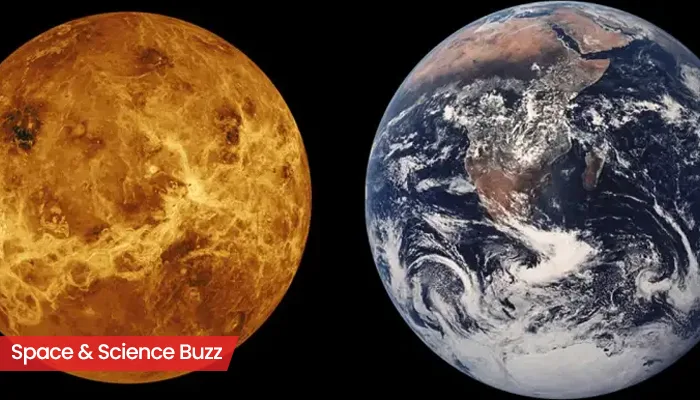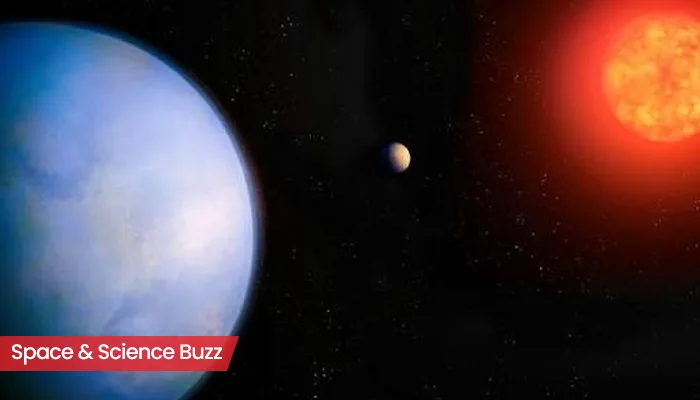
Here are today’s most important updates from the realm of Science and Space.
Vanishing Ice: A Dire Warning as Global Sea-Ice Reaches Record Lows
According to satellite data, the world's frozen oceans, which help to keep the planet cool, currently have less ice than ever previously recorded. Sea-ice around the north and south poles acts like a giant mirror by reflecting much of the Sun's energy back into space. But as rising temperatures cause this bright layer to shrink, the dark ocean below can absorb more heat, warming the planet further. This latest sea-ice low appears to have been driven by a combination of warm air, warm seas and winds breaking apart the ice. Antarctic sea-ice is relatively thin and mobile - being surrounded by ocean rather than continents like the Arctic - so it can be particularly sensitive to winds breaking up the ice. But warmer air and warmer waters look to have played a key role in this latest 2025 low, towards the end of the southern hemisphere summer.
AI Gets Old Too! Research Shows Cognitive Decline in AI Models

Artificial intelligence (AI) technologies such as large language models (LLMs) and chatbots show signs of deteriorating cognitive abilities with age akin to humans, a new study published has claimed. The study comes at a time when users are increasingly asking AI tools for medical diagnoses, owing to their ability to simplify medical jargon. The pattern of impairment shown by the AI tools resembled that of human patients with posterior cortical atrophy, a variant of Alzheimer's disease, the research study added. These findings challenge the assumption that artificial intelligence will soon replace human doctors as the cognitive impairment evident in leading chatbots may affect their reliability in medical diagnostics.
Waves of Discovery: NASA Finds Water-Carved ‘Ripples’ on Mars

NASA's Curiosity rover has discovered compelling evidence of ancient liquid water on Mars by identifying wave ripples preserved in rock formations within Gale Crater. These ripples, resembling those formed by wind-driven water on Earth's lakebeds, indicate that shallow lakes existed on Mars approximately 3.7 billion years ago. The findings suggest that Mars once had a warmer and denser atmosphere capable of sustaining open bodies of liquid water. Based on these observations, the researchers believe the Martian lake must have been less than 2 meters (6.5 feet) deep. The study further revealed that the red planet experienced periods with conditions suitable for liquid water at different times in its history. The findings also imply that Mars' ancient climate had a complexity similar to Earth's, transitioning from wetter to drier periods over time.
Hidden Hazard: Brake Dust More Harmful to Lungs Than Diesel Fumes

As cities worldwide tighten restrictions on diesel emissions, a lesser-known form of air pollution is growing unchecked—brake dust. Every time a vehicle slows down, friction between brake pads and discs produces tiny airborne particles. These particles, known as brake dust, make up a significant portion—up to 55%—of all traffic-related fine particles in urban areas. Brake dust from copper-rich brake pads, commonly used in modern vehicles, can cause more inflammation and cellular stress than diesel exhaust. The consequences, when described in layman's terms, are lung cells reacted as if they were deprived of oxygen, despite oxygen being present—a false alarm that could contribute to critical lung diseases.





.webp)
.WEBP)
.WEBP)
.webp)
.webp)


.webp)